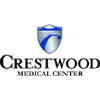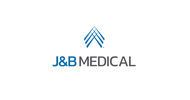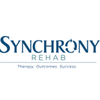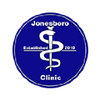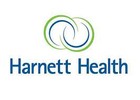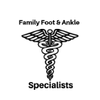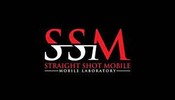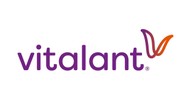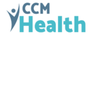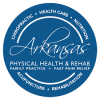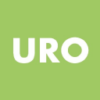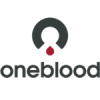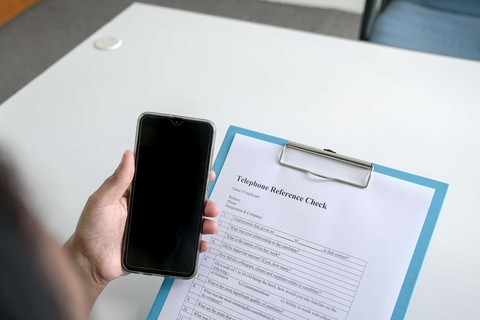Strategies to help your job search efforts.
WHERE TO LOOK FOR POSITIONS There are three primary opportunities for a job seeker to explore in seeking employment opportunities.
-
Online Job Posting PlatformsAbout half of jobs are posted online through job-posting platforms, such as LinkedIn, Indeed, CareerBuilder, and other job boards. As a job seeker, it is important that you build at least 2-3 profiles/accounts for you to explore online job posting. The two most popular include LinkedIn and Indeed.
-
Company/Employer Career WebsitesSome companies prefer to recruit and post on their own company websites. Therefore, if you have specific companies or employers you are hoping to work with, it is recommended that you visit their individual websites to explore their Careers or Jobs pages to find and explore opportunities at individual companies or organizations.
-
Connections & NetworkingNetworking and receiving referrals are two of the most popular and effective ways to find and secure employment opportunities. As a job seeker, it is important for you to catalog a list of professionals within your immediate community that you can network with and learn more about employment opportunities. If you are struggling to identify or develop a network, we recommend reaching out to professionals in your desired industry to learn more about their company and opportunities.
HOW TO MAKE YOURSELF A STRONG CANDIDATE Setting yourself apart from other job seekers is critical to ensuring you are able to make significant strides in your job search. You must exhibit to the employer that you possess the knowledge, transferable skills, and training to be a strong candidate for the position you are applying for. Here are some tips to increase your chances of moving along in the application process.
-
Tailor your application materialsOne of the biggest mistakes that a job seeker can make is by submitting the exact same resume to all of the positions they apply for. It is critical that you, as a job seeker, edit your resume to incorporate language and key words/phrases from the job description onto your resume. The average job posting received about 200+ resumes, thus you need to prove to the automated system that you are “qualified” for the position via your resume and/or cover letter.
-
Focus on transferable skillsWhether you have previous experience in your desired field or not, your resume should focus on transferable skills that you can use in any industry. These skills include, but are not limited to, organization, communication, customer service, sales, time-management, leadership, problem-solving, de-escalation, and more. Instead of feeling inferior due to your lack of relevant experience, be sure to express to the employer that you still possess transferable skills that will help you be successful in the role you are applying to.
-
Incorporate any relevant education or trainingIn pursuing your education and training at MedCerts, you have received formal training and have either completed or looking to complete the national certification process for a variety of professional certifications. Be sure to highlight these accomplishments on your resume for employers to see. You may even choose to include relevant coursework to showcase some of the classes you completed and knowledge you gained in those courses.
-
Integrate other professional elements of your lifeIf you have held formal leadership roles, engaged in professional extracurriculars, or volunteered in your community, it is encouraged that you include these types of experiences on your resume – especially to highlight more transferable skills.
-
Make the information easy to read and digest in 5 – 7 secondsEmployers and hiring managers are not going to spend a significant amount of time reviewing your application materials. Thus, it’s important for your resume to be consistent, clean, and concise. Avoid using hard to edit templates and try your best to produce a 1-page resume for easy readability in a short amount of time.





